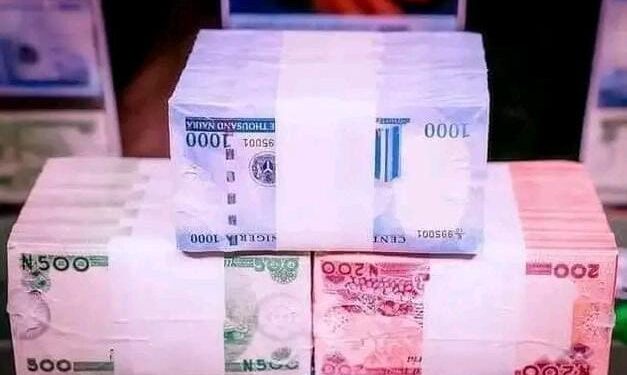The World Bank has identified the Nigerian naira as one of the worst-performing currencies in Africa, citing a nearly 40 percent depreciation against the US dollar since a mid-June devaluation. The report, titled ‘Africa’s Pulse: An analysis of issues shaping Africa’s economic future (October 2023 | Volume 28),’ highlighted the challenges faced by the currency and the impact on the country’s economic landscape.
The global bank noted that the devaluation was triggered by the central bank’s decision to remove trading restrictions on the official market. The Angolan kwanza also experienced a significant depreciation due to the central bank’s decision to cease defending the currency amidst low oil prices and increased debt payments.
Other African currencies with substantial losses in 2023, as reported by the World Bank, included South Sudan, Burundi, the Democratic Republic of Congo, Kenya, Zambia, Ghana, and Rwanda. The report underscored the role of parallel exchange market rates in exacerbating inflationary issues for some countries in the region.
In June 2023, the Central Bank of Nigeria directed Deposit Money Banks to remove the rate cap on the naira at the official Investors and Exporters’ window, allowing the free float of the naira against major currencies. Since then, the naira’s official exchange rate has fallen from N473.83/$ to around N800/$.
The World Bank highlighted the widening gap between parallel and official exchange rates, noting that this disparity persisted from March 2020 until June 2023. The report stated that while the unification and liberalization of exchange rates in June 2023 closed the gap, limited FX supply at the official window led to the reemergence of the parallel market premium.
The World Bank also projected a deceleration in Nigeria’s growth rate from 3.3 percent in 2022 to 2.9 percent in 2023. It attributed the slowdown to challenges such as below-quota oil production, lower international oil prices, and policy actions like fuel subsidy removal and exchange rate unification. The report highlighted the contraction of activity in Nigeria’s manufacturing and services sector, driven by weak business confidence and rising input costs.
Commenting on recent reforms by the administration of Bola Tinubu, the World Bank acknowledged measures to improve fiscal and external accounts but cautioned about potential short-term inflationary effects that could erode the purchasing power of households and impact economic activity.










